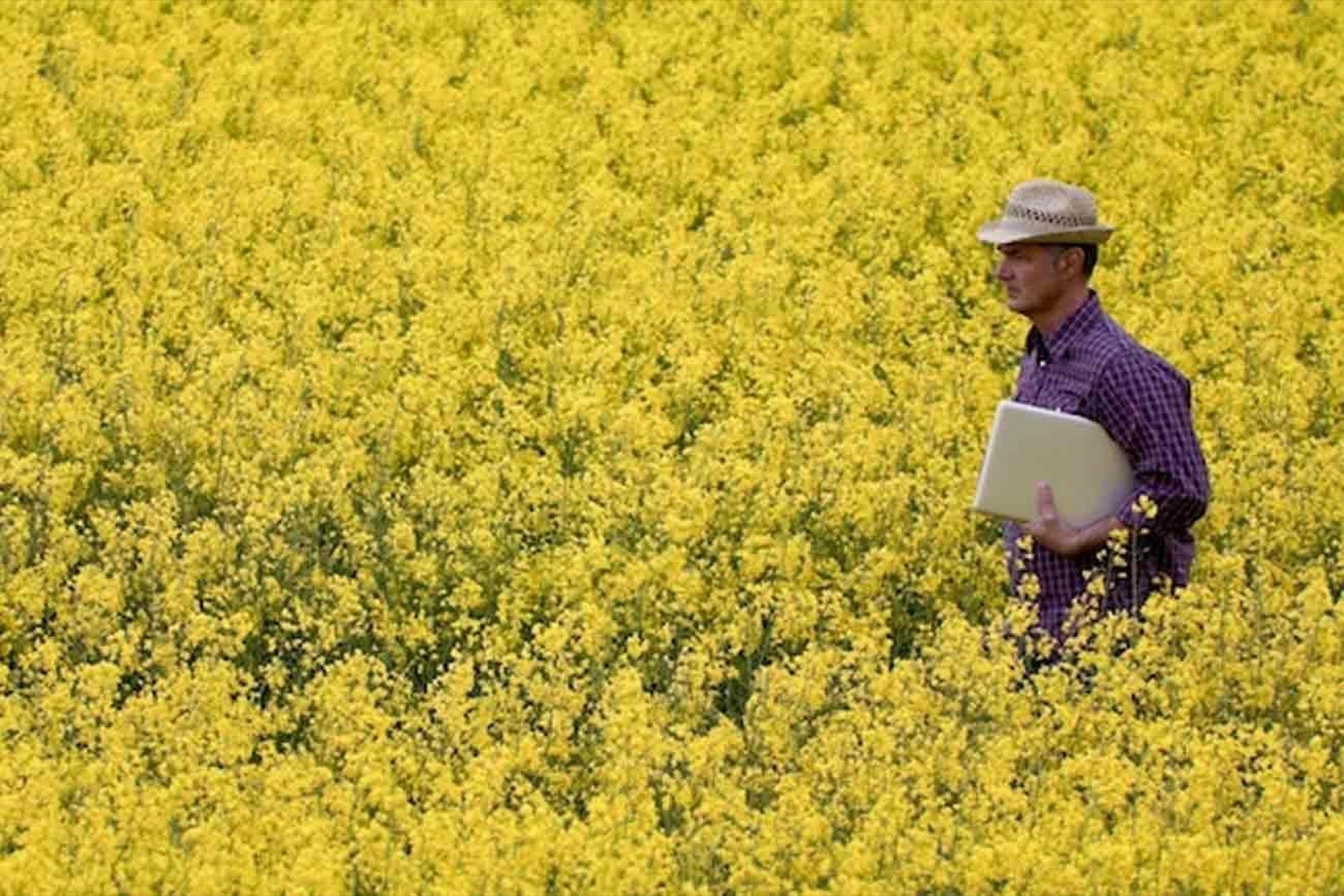How Agritech Enables Earth-Friendly Agriculture Plant discipline has a significant position in serving farmers use our planet's prized natural capital sensibly to nourish the rising world population. Ensure how modernization in technology is helping farmers produce supplementary food whilst conserving our environment.
Opinions expressed by Entrepreneur contributors are their own.
You're reading Entrepreneur India, an international franchise of Entrepreneur Media.

The statistics are unsettling, one-third of the earth's area is degraded and already not fit to grow crops. Agriculture is the largest user of the world's fresh water resources, 70 per cent globally and 80 per cent for India. The oceans are not spared either with industrial animal agriculture directly contributing to sea temperature rise and ocean acidification. Industrial agriculture is responsible for 30 per cent of deforestation in Africa and Asia and massive per cent of 70 in Latin America and is overall responsible for 80 per cent of the deforestation on the planet between the years 2000, and 2010. Over the last 50 years, the trend of agricultural intensification has resulted in the reduction of biodiversity of natural ecosystems and contaminating the environment with its byproducts, causing agricultural pollution. We're at a stage when adoption of earth-friendly and sustainable agriculture is the only way ahead.
Earth-friendly agriculture refers to the various practices that use land, water, biodiversity, labor, knowledge and technology to reduce environmental impact. The good news is that breakthroughs in digital technology have the potential to positively impact the agricultural system. These innovations can make agricultural systems more efficient in using resources, climate-resilient and improving traceability from farm to fork. Here's a quick look at some of the agricultural technologies that help in making agriculture more earth-friendly.
Precision Agriculture
Precision farming is a kind of site-specific crop management system based on observing, measuring and responding to inter and intra-field variability in crops. Many technological developments like ICT and geoinformatics led to this concept. This technology counsels on the precise amount of water, fertilizers and pesticides required for a given farm area, thereby preventing overuse and helping conserve these resources. Drones can be used to produce precise maps for soil analysis at the beginning of the crop cycle, which helps to direct seed planting patterns. Once crops start to grow, these sensors are able to calculate their vegetation index and indicator of health, by measuring the crop's heat signature.
Traceability
Traceability is a digital technology that enables complete visibility of the supply chain and all the touch points and transformations in a given a value chain all the way to the farm. It is becoming increasingly significant in order to gain consumer confidence and trust and prove ethical production practices such as minimal or no use of chemical fertilizers, and pesticides which cause environmental degradation. It can also aid in avoiding deforestation.
Artificial Intelligence/Machine Learning (AI/ML)
When agriculture utilizes AI/ML, it involves collection of data from various sources including ground truth, satellite imagery, weather and sensors on the ground. This big data is processed using the AI/ML algorithms and counteractive actions are recommended to improve and minimize the risks. It can help in early detection of crop diseases and crop distress followed by the targeted corrective action. The end result is optimization of agricultural inputs, reduction of water use, chemicals and pesticides which cause damage to ecosystems. It also helps increase resilience to climate extremes.
Water Resources Management
The production of food and other agricultural products takes 70 per cent of the freshwater withdrawals from rivers and groundwater. Digital technology can enable holistic and informed management of all water resources of a given region providing a comprehensive view of available water quantity in an area. When this supply side information is rationalized with the demand for water use, it can enable equitable and more sustainable water budgeting and aid in short term and long term crop planning in a given region.
Reclaiming Degraded Land
It is also possible to reclaim environmentally degraded land and restore it to its natural state, making it possible to grow crops again. It requires efforts beyond plantation and move towards a system of regular maintenance of the land. In such situations, remote-sensing based monitoring is useful for assessing the status of land and vegetation covering it and helps to initiate remedial actions for environmental protection.
Organic Farming
Organic farming is an alternative agricultural system which originated in the early 20th century and refers to the use of fertilizers of organic origin such as compost manure, green manure and bone meal and emphasizes crop rotation. Also, organic standards are designed in such a way that it allows the use of naturally occurring substances while prohibiting the use of synthetic substances. Digital technologies enable the use of organic certification systems that follow certain standards that do not allow the use of chemicals or cutting down of forests for cultivation. Certified organic agriculture accounts for 70 million hectares globally, and raises the income levels of certified farmers.












